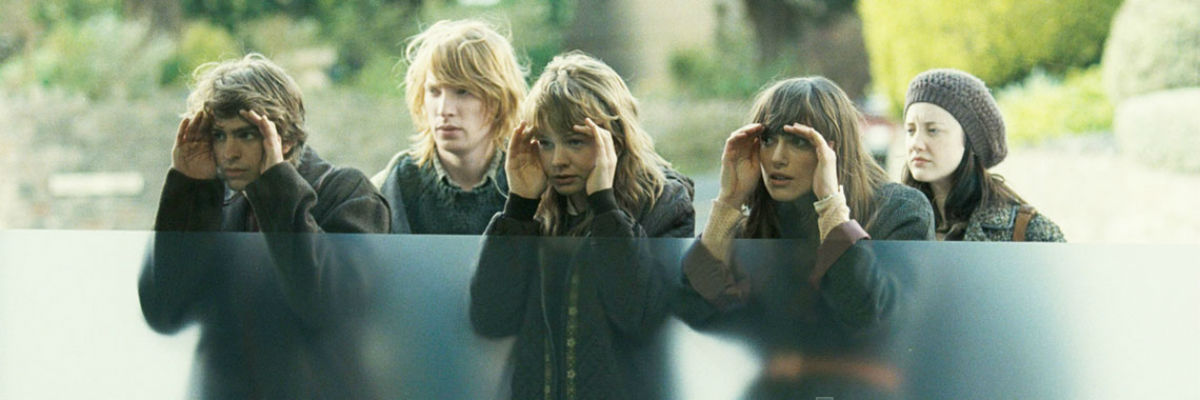
Bioethics in Nobel for Literature
Kazuo Ishiguro discussed cloning and organ donation in his 2005 novel
The 2017 Nobel Prize for Literature has been awarded to British-Japanese novelist Kazuo Ishiguro, one of the few laureates to deal explicitly with bioethical topics. His 2005 dystopian novel about cloning, Never Let Go, won a number of awards and was one of the TIME 100 Best English-language Novels from 1923 to 2005.The 2010 film of the same name was positively received by critics, but at the box office it was a fizzer. Admittedly, it is a sombre novel, though narrated with exquisite skill in gossamer prose – not exactly material for a Hollywood top of the charts.
The story is narrated by Kathy, a woman in her late 20s who looks after convalescing organ donors. As she prattles on about her days at Hailsham, an English boarding school for girls and boys, we begin to realise that something very creepy is going on at this school – which troubles the reader, but not Kathy.
The children, it turns out, are clones who are being raised to provide organs for their original. In their mid-20s or so, they begin to donate organs. They can’t live much longer than four operations and then they “complete”, the Hailsham jargon for dying. The clones are strangely accepting of their fate and very little is said about the outside world which has created the market in human organs.
Creative commons
https://www.bioedge.org/images/2008images/FB_Never-Let-Me-Go-LB-1.jpg
cloning
nobel prize for literature
organ donation
- How long can you put off seeing the doctor because of lockdowns? - December 3, 2021
- House of Lords debates assisted suicide—again - October 28, 2021
- Spanish government tries to restrict conscientious objection - October 28, 2021
